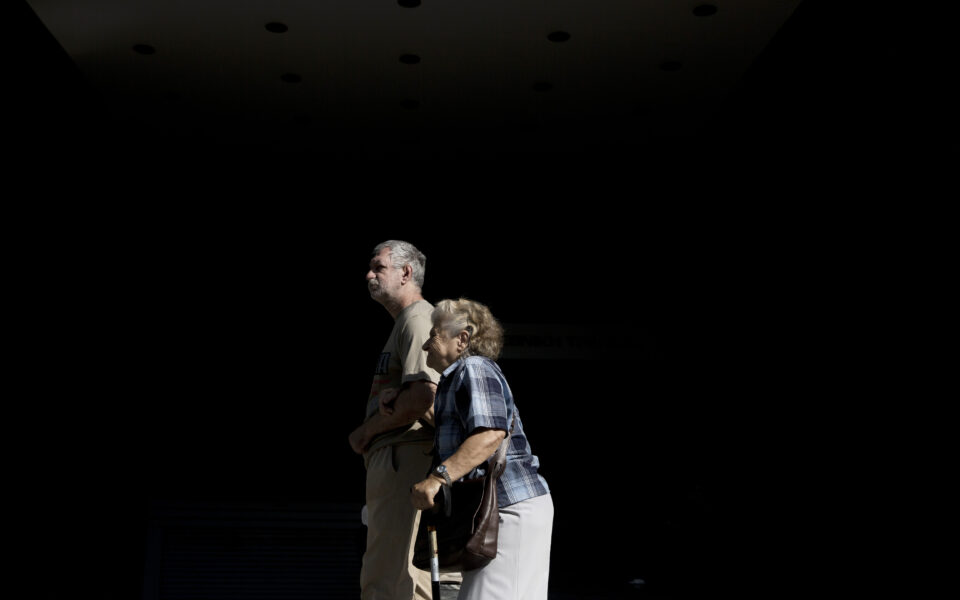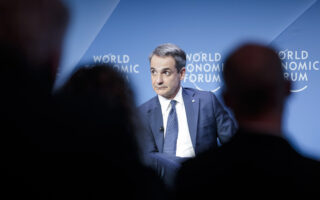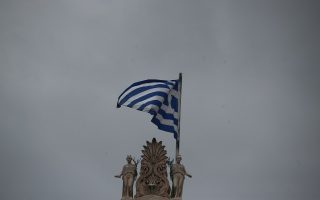Paradoxes strange and revealing

Political parties, news media, trade unions and nongovernmental organizations lie together in a heap at the bottom of the ladder of Greeks’ trust in institutions, each with 1.9 points out of 5. Way up at the top is family (4.3), followed by the armed forces (3.7), scientists/technocrats (3.3), the police (2.9) and the Church (2.7). To compare, it is worth noting that the poll “What the Greeks Believe,” presented by diaNEOsis (and conducted by Metron Analysis), shows that we have greater faith in the internet and social media (2.3), employers’ associations (2.1) and the banking system (2.1) than in the parties that represent us and the news media which help shape our opinions. It seems that the traditional trinity of homeland, religion, family is being modernized, reflecting the confusion of our time.
What are our compatriots saying with this oracular declaration?
Obviously, faith remains strong in the family, in the representatives of the homeland (armed forces and the police) and in the Church. And yet, these powerful symbols of tradition are joined, in a high position, by faith in science – in the Enlightenment, in other words. Faith in the family needs little explanation: After 200 years of trying to create a state on which we can depend, after the adventures of the past decade and a half, we understand that we can only trust those whom we know (despite our frequent squabbles with them).
We trust institutions that we would like to believe will protect us when necessary. We have faith in things that we don’t understand. We can be both with the Church and science. It remains unclear how many citizens embody faith in both sides and how many support only one.
It’s significant that the political parties and unions, which, by definition, express the trends and desires of citizens, are trusted less than bosses’ associations and bankers.
Clearly, many people feel betrayed by parties and unions. They punish the news media for inadequate information while preferring social networks, where they can choose what they read and say, without checks, without credibility. These paradoxes persist and mutate, they are strange and revealing.





